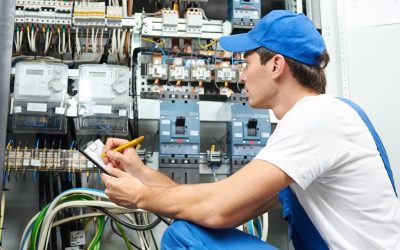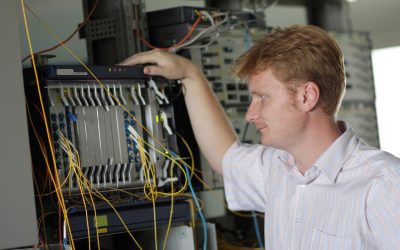Generators are devices that provide power in the event of a power outage. These prevent your daily activities from getting disrupted whether you are at home or facilitating your business in Chicago. However, how exactly do generators work? It is important to know this before purchasing your own generator. Once you’ve figured out your appliance and how it operates, you can determine if it is a good buy or not.
How Do Generators Operate?
Metals have electrons that can freely move around. These electrons allow electricity to pass through different metals and transmit energy. Generators move electrons through an electrical conductor. This movement produces a voltage for the flow of electric charges.
Generators do not, on their own, create energy. Mechanical energy is supplied to it that activates already present electric charges, powering its external electric circuit.
What Powers Generators?
- Gasoline
Gasoline generators are the most common. This is because gasoline is easily accessible and cheaper compared to other sources. However, it needs electricity in order to be pumped. So, you better have a good supply before any power outages.
- Diesel Fuel
Diesel is the least flammable and is nearly as accessible as gasoline. Diesel engines have longer lifespans and perform better when you need to use a generator for a long amount of time. These may cost more than gasoline ones but are still affordable to operate.
- Natural Gas
These kinds of gas generators burn cleanly with little waste produced. Even without an available power supply, you still can get natural gas. These, however, typically have higher installation costs.


